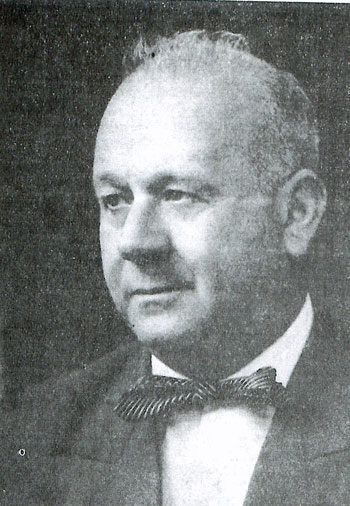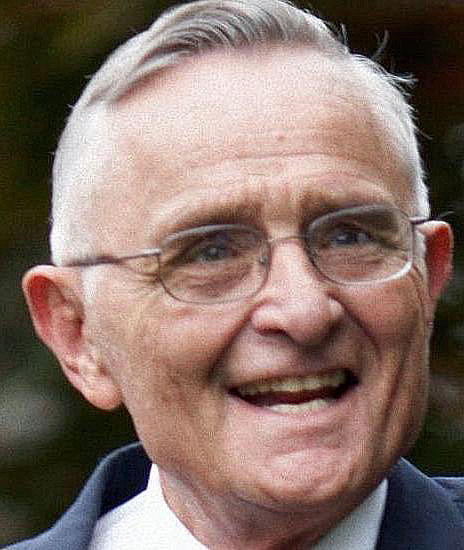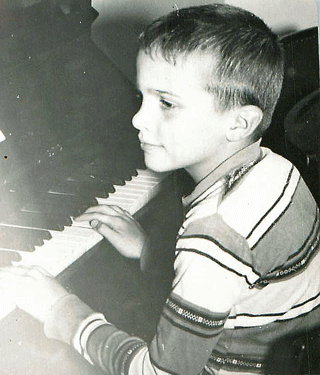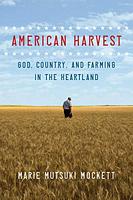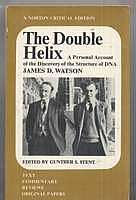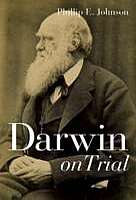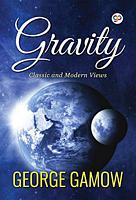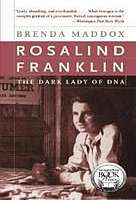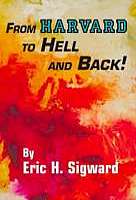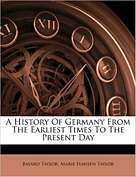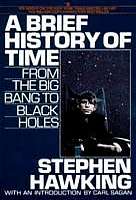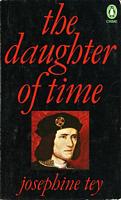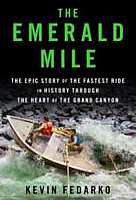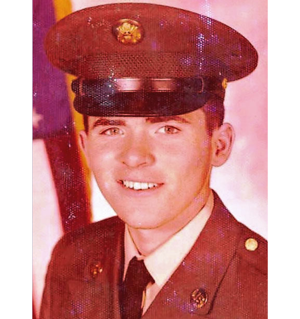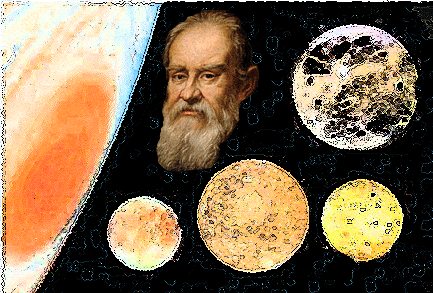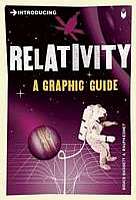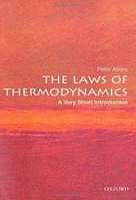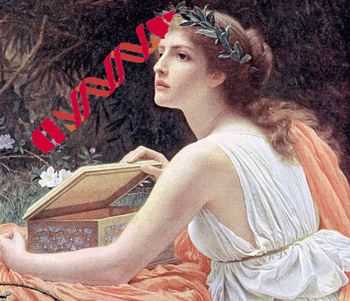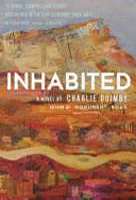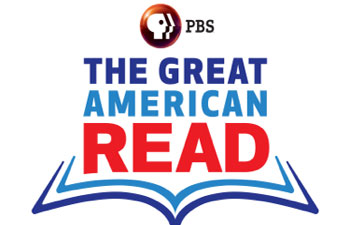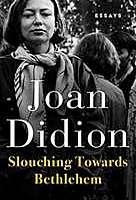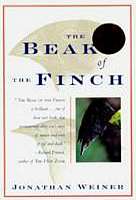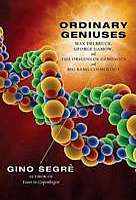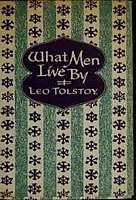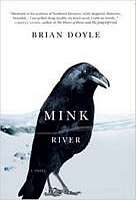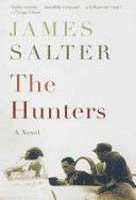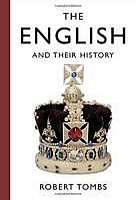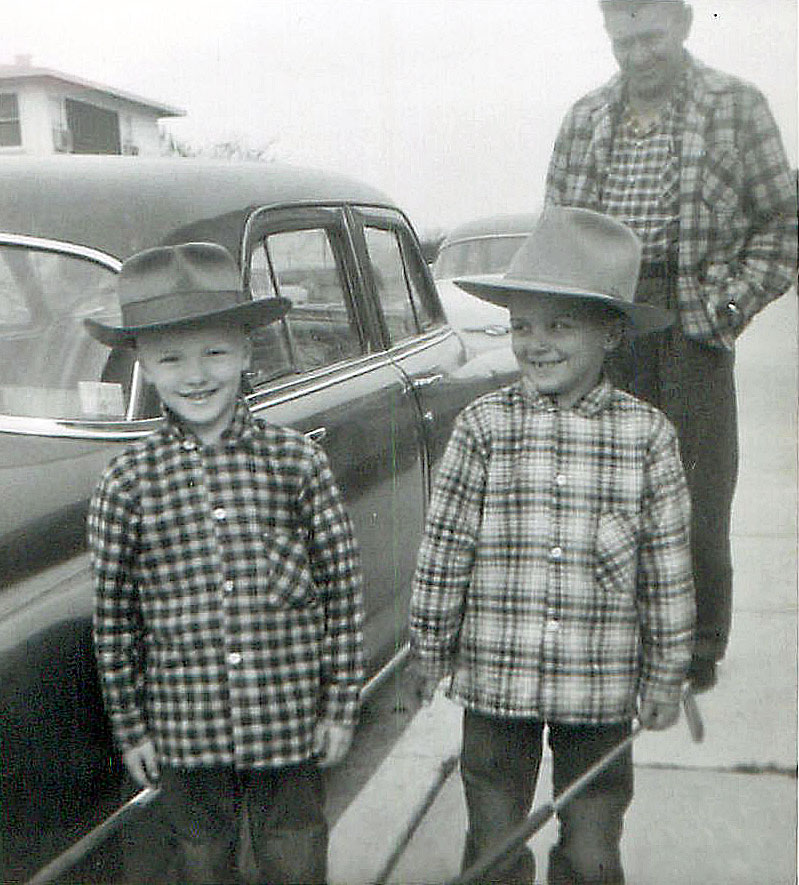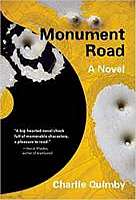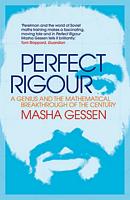 Genres
Genres
Music man
Rediscovering Heinz Clar, Kapellmeister in Bad Kreuznach, Germany, my first piano teacher, as well as my sister Barbara’s.Remembering my Dad
My Dad, Tony Wiebe, died recently at the age of 93, after a long, full life. We will miss him greatly.A Mighty Carpenter
Our Dad was a Macher, a doer, Macher more in the typical German than the Yiddish use of the word. Dad's enormous energy was not exhausted by long weeks as a physician, so he put it to use around the house. We painted our own home, inside and out, built our own fences, made bookcases, and so on. Over the years, Dad trained his children in these arts as they grew old enough to participate.The joy of making music
Growing up, we often sang together as a family while on long trips in the car, my parents taking the lead, giving their children the gift of singing freely. My mother loved music, particularly classical music, and she was determined that all of her children would get a sound musical education.Our Way Forward
Amanda Gorman read her poem The Hill We Climb at the inauguration of President Biden, providing an aspirational glimpse of our way forward, together."Even as we grieved, we grew, even as we hurt, we hoped, that even as we tired, we tried, that we’ll forever be tied together victorious, not because we will never again know defeat but because we will never again sow division."
Cross the Great Divide
'Cross the Great Divide, side by side we'll ride,' a line from the Oregon Trail song, articulates this book's theme: Bridging differences in culture and place, particularly that of city and country.
Honest Jim
Watson's superb account of his and Crick's discovery of the structure of DNA. It is the rarest of books: a scientific page-turner, with suspense, strong personalities and a child-like narrator.
Wide of the Mark
Johnson's book provides a perspective on creationist thinking and argumentation. It demonstrates that attorneys are trained to advocate, to argue, not to look hard for the best understanding.
Gamow on Gravity
Those genuinely curious about the intellectual story of gravity will find Gamow a superb teacher, one adept at explaining physics to the uninitiated,and to the newly initiated, high school and college students, most effectively to an audience comfortable with algebra and geometry.
The Dark Lady of DNA
Rosalind Franklin made critical contributions to the discovery of DNA's structure, yet was not awarded the Nobel. Why not? Rank villainy? Maddox's masterful recounting lays out the complex tale.
Augustine redux
The autobiography of a young phenom of the 60's and 70's who attended Horace Mann, Harvard, where he rowed on the crew and joined the Porcellian Club, then Cambridge, Stanford, and several divinity schools. It is book of hubris and wild youth, of drugs, sex, and the occult, and finally, Jesus.
The End of Faith?
My nephew Jean-Michel has found Sam Harris stimulating, and recommended his End of Faith for me to read. Harris comes up in the atheism v. religion shouting matches, revered by atheists, dismissed by the faithful. I find there is much to moderate on both sides of the divide.
fin de siècle German optimism
This is the first history of Germany I have read since the mid-1970's. It is nearly a complete history, stopping in 1883, ten years after it's author died. (his wife extended the history 14 more years in a subsequent edition.) An American writer, Bayard Taylor was most well-known for his travel writing, but was also a poet and a historian. His history reads easily, as might be expected from a writer of popular travel accounts, and is reasonably complete.
Short and sweet
A Brief History of Time is the single best popularized science book I have read to date on the subject of modern physics. It has been held that kind of regard since it has been published in 1988, but I resisted reading it, because I had formed the opinion that modern physics, buried so deeply in mathematical models divorced from everyday experience, was simply too difficult to convey to the non-practitioner, that vast group including myself.
Getting Over the Hump
My mother read Josephine Tey novels when I was growing up, but I was not tempted to follow in her stead. Her mystery novels held little interest, but recently I noted that one of them, The Daughter of Time, was an historical novel probing the old accusation that Richard III had murdered his young nephews, and so, curiosity piqued, I determined to read it. I found the tone a little too arch, but her historiographical approach was both edifiying and revealing.
Sprinting down the Colorado
This is the epic story of the fastest boat ride in history (at the time) through the heart of the Grand Canyon on the Colorado river. With a gigantic release of water from the Glen Canyon Dam, the Colorado River was closed. So Kenton Grua evaded park rangers and launched his wooden dory, the Emerald Mile and barely completed his historical run. The story is very well told, and includes a solid history of the formation of the Grand Canyon, and the first efforts to navigate the river by John Wesley Powell.
Touring with Ted
I just read today that my old Army buddy Ted Withycombe died last November in 2017. Ted and I had not kept in touch after our Army service, so it was a spur-of-the-moment Internet search that found his obituary. It brought back some old memories of my friendship with Ted, particularly the bicycle trips in Europe we made together. My sincere condolences to his family and friends.
The moons of Jupiter
The fascination of astronomy for me, beyond the beauty of the night sky, beyond the immense imponderables of a vast and ancient universe, is that our understanding of the universe has been gleaned by observing a few points of light in the sky. One illustration of this can be found in the history of our knowledge of the moons of Jupiter.Visualizing Relativity
This book summarizes Einstein's special and general theory of relativity using cartoon drawings to illustrate every concept. It does not shy away from physical formulae, neither does it provide in depth discussion of same.
Entropy is so simple
Peter Atkins, a bona fide chemistry professor, takes a shot at summarizing the Laws of Thermodynamics, particularly the 2nd Law, for the million. He claims that when he is done explaining, you will understand how all change of any kind occurs, why death itself must come, even how the unfolding of the very thoughts you are employing to read his book is a consequence of the 2nd Law. Alas his explanations fall short of such a lofty goal.
Pandora has many boxes
 The ability to directly and much more easily modify the genome of any living organism, via somatic or germline modification, has become a reality via CRISPR-Cas9 techniques. Chinese scientist He Jiankui recently claimed to have opened yet another of Pandora's seemingly endless set of boxes: Germline gene editing. Jennifer Doudna's recent book A Crack in Creation, a must-read, warns about premature application of CRISPR-Cas9.
The ability to directly and much more easily modify the genome of any living organism, via somatic or germline modification, has become a reality via CRISPR-Cas9 techniques. Chinese scientist He Jiankui recently claimed to have opened yet another of Pandora's seemingly endless set of boxes: Germline gene editing. Jennifer Doudna's recent book A Crack in Creation, a must-read, warns about premature application of CRISPR-Cas9.Persistent kindness
Inhabited, Charlie Quimby's follow-up novel to his excellent Monument Road, focuses on life as a homeless person in a small city in western Colorado. This story is both edifying and compelling because he draws sympathetic and realistic characters, not just of those who migrate uncertainly from one temporary abode to another, but of those inhabitants who try to help the homeless and those who oppose such help, which can even be the same person under differing circumstances.
Celebrating reading
Reading has been in my own life a regular feature, even an addiction. So much beyond the immediate and the local becomes accessible. Reading has been in some ways for me a trusted companion. Recently the PBS series The Great American Read came to my attention. My wife Cindy and I followed with it with great eagerness.A gaze blank and pitiless as the sun
Joan Didion's set of personal essays from the mid-60's, an exercise in the emerging New Journalism and most in the first person, are episodically brilliant, but just as often facile and self-indulgent.
A Finch in Time
The Beak of the Finch follows a husband and wife scientific team, Peter and Rosemary Grant, in their studies of Darwin's finches on Daphne Major island in the Galapagos archipelago, looking for evidence of natural selection. They have spent twenty years observing the finch population for direct evidence of natural selection. They concluded from these observations that natural selection is occurring daily.
Ordinary Overuse of Genius
This is a good but not great biography of two lesser-known 20th century scientists, George Gamow and Max Delbrück, both of whom show up in many historical accounts of the history of molecular biology, hence my interest. I was particularly interested in the author's depiction of Delbrück, a Nobel Prize winner late in his life for work done thirty years prior. Delbrück, who is routinely depicted as a great thought leader and a fiercely intelligent scientist, is elusive in other historical accounts, begging the question: What did he contribute, and why was his input so prized?
Supporting Law Enforcement
I have always supported law enforcement - it is a basic need in a country governed by laws, and our police put themselves at risk to enforce the laws on our behalf. For this the police deserve our appreciation and our full support. Yet full support is not unconditional support. Police wield a great deal of power, and they sometimes abuse that power; when they do, they, like anyone else who is in a position of public trust, must be held accountable.
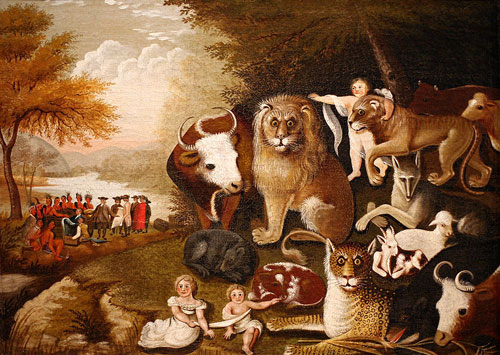
The Peaceable Kingdom, 1833-34, Edward Hicks. Attrib: Wikipedia Loves Art, shootingbrooklyn, CC BY-SA 2.5.
Dominion or co-existence?
Whose view of animals has more appeal? The ancient Jews or Henry Beston's?
The Heart of Tolstoy
Tolstoy remains one of my favorite writers. His War and Peace and Anna Karenina were reading investments that still pay dividends. These four short stories, in particular What Men Live By, represent some aspects of Tolstoy's later turn to a simpler and more universal religious outlook, when he eschewed organized religion, and embraced a code based on Christ's teaching alone, centering on the Golden Rule and the Sermon on the Mount.
The Department of Public Works
The Department of Public Works in the coastal village of Neawanaka on the Mink River, besides performing the ordinary public works of cleaning streets and repairing sidewalks, slowly expands over time to 'preserve history, collect stories, repair marriages, prevent crime, augment economic status, promote chess, manage insect populations, run sports leagues, isn't that a bit much? We even give haircuts.' ( page 15) Worried Man and Cedar are its two aging employees, idealists who doggedly work to carry out their mission statement: 'Brains against Pains.' ( page 45)
The lonely warrior
Salter, a former fighter pilot, writes directly from experience in this novel of U.S. fighter pilots in the Korean War. He draws an internal picture of the psychology of the single combat warrior, and it feels genuine. His portrayal of heroism in the cloistered world of aerial combat does not always translate into obvious laudable accomplishment.
Ever England
My initial interest in this book was to read a good summary of the history of the English Civil War, from James I to William and Mary. I found Tombs' account to be brisk, clear and reasonably complete, which propelled me to continue reading. I particularly enjoyed his judicious mix of historiographical review while attempting to pick that elusive clean line in historical narrative. The book proved to be an reasonably short yet comprehensive account of England's history.
So Long, Steve
My brother Steve, Stephen Alton Wiebe, died recently of heart failure; he was 66 years old. Steve's wife, family and friends were around him at the end of his life, a life whose last years were painful and difficult. Steve, my older brother, is no longer suffering. I will miss him.
Laconic Love
It was a pleasure to soak in the deep water that is this novel. Charlie Quimby brought back alive a world I have had only episodic contact with in my life: small towns in the far country, where as a teenager, I spent successive summers, first in a small ranching and farming town in central Oregon, second in an oil and fishing town on the Kenai peninsula in Alaska. It was not as much the characters in this novel, but their sensibility, their rhythms of speech and actions that were recognizable from my past forays beyond the city. After the pleasure of remembrance past is the pleasure of a deceptively simple love story.
Too simply pure
The Poincaré conjecture, one of the great unsolved topological problems, was finally proven at the end of the 20th century by Grigoriy Perelman, a Russian mathematician of genius. Topology might be described as distilled geometry. The historian Masha Gessen, who grew up herself in the Russian mathematical culture, invites us into the Aspergian milieu of world-class geometers to tease out the tale.


 READING
READING ARCHIVES
ARCHIVES CATEGORIES
CATEGORIES QUOTES
QUOTES